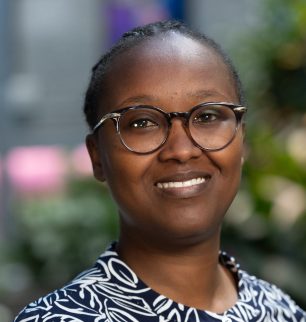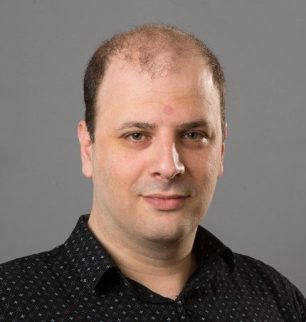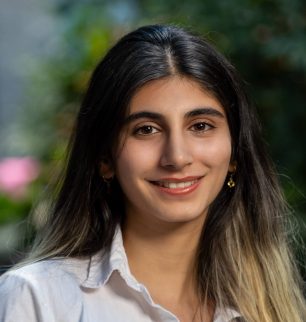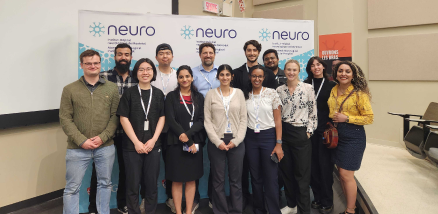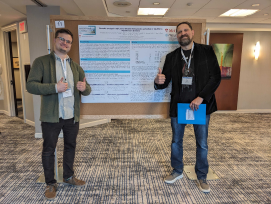
Dr. Ziv Gan-Or
Associate Professor
Ziv Gan-Or enrolled into the MD-PhD program of Tel-Aviv University in 2003. During his PhD, he studied the role of GBA and related genes in Parkinson's disease, and his work was among the early studies on GBA that solved the controversy regarding whether or not GBA mutations were associated with Parkinson's disease. During his PhD, he identified SMPD1 as another lysosomal gene potentially involved in this debilitating disorder. His work also nominated RAB29 (RAB7L1) as the disease-associated gene in its genomic locus. Dr. Gan-Or completed his PhD in 2012 and his MD in 2013.
In 2013, Dr. Gan-Or moved to Montreal, Canada, to begin his post-doctoral fellowship under the supervision of Dr. Guy Rouleau in the Montreal Neurological Institute and the Department of Human Genetics at McGill University. He continued working on Parkinson's disease, and expended his research interests to REM-sleep behavior disorder, dementia with Lewy bodies, multiple system atrophy, restless legs syndrome, hereditary spastic paraplegia and other neurological disorders. During his fellowship, Dr. Gan-Or published the first genetic studies on REM-sleep behavior disorder, showing that its genetic background only partially overlaps with that of Parkinson's disease. He continued studying GBA and other lysosomal genes in neurodegenerative disorders, and identified a novel gene involved in autosomal recessive hereditary spastic paraplegia, CAPN1. In 2016, Dr. Gan-Or was appointed as an Assistant Professor in the department of Neurology & Neurosurgery, the Montreal Neurological Institute, and as an Associate Member in the Department of Human Genetics, McGill University. In 2023, Dr. Gan-Or was appointed as a tenured Associate Professor, and as the Executive Director of the Clinical Research Unit at The Neuro, responsible for all clinical trials performed at The Neuro. The Gan-Or lab is using advanced genetic and genomic methods to study REM-sleep behavior disorder, Parkinson's disease, other synucleinopathies and neurodegenerative disorders. The main goals of the lab are to identify genes and pathways that are involved in neurodegenerative diseases and can serve as therapeutic targets, to understand how complex genetics affect the progression of these disorders, and to design ways to use genetics to perform better clinical trials. Since its establishment, the Gan-Or lab has been performing and participating in large-scale genetic studies, some of which have been published in leading journals, including Lancet Neurology, Nature Genetics, JAMA Neurology, Brain, the American Journal of Human Genetics, PNAS, Annals of Neurology, Neurology and many others. The Gan-Or lab collaborates with >50 collaborators from all over the world, to support genetic research in multiple cohorts from different countries, and to work together towards better understanding of neurodegenerative disorders.




